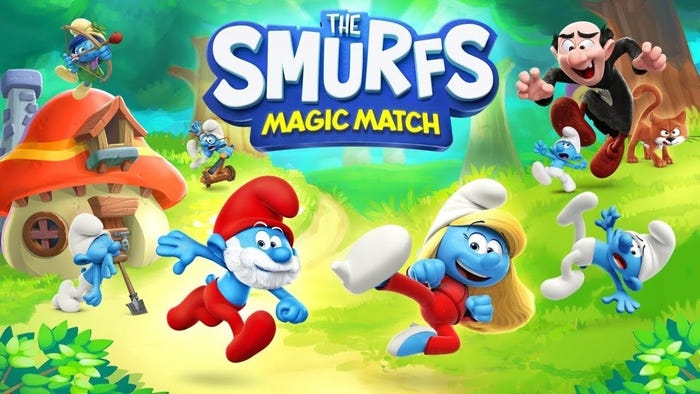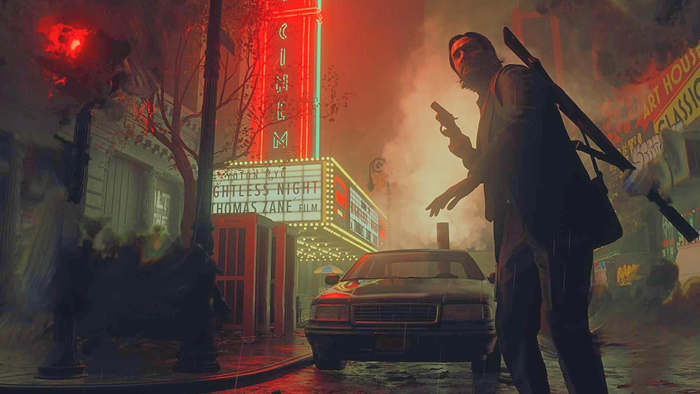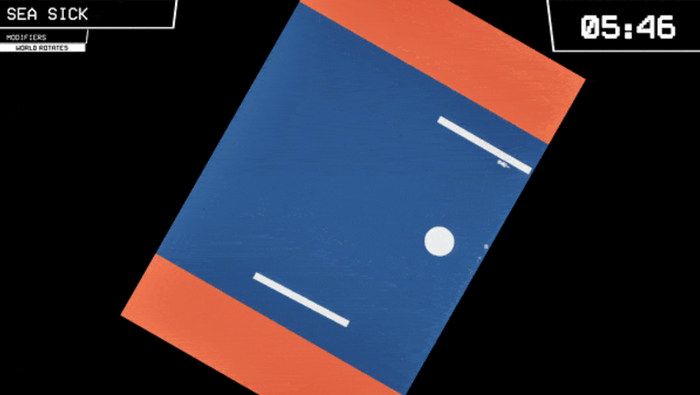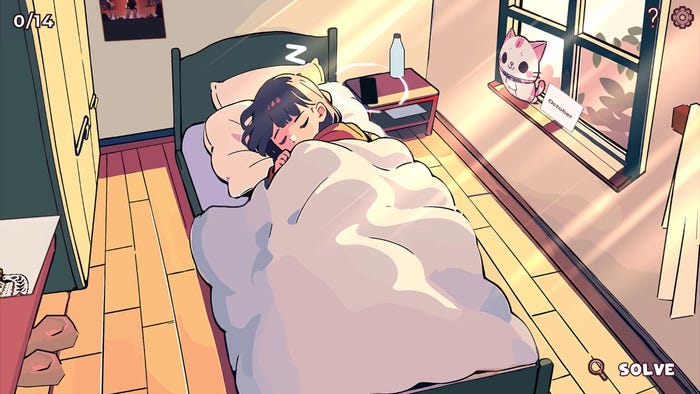Reward in Video Games
Alex asks the question,"Can't I just do it for the thrill? Or do they bill me later?" read on...

The definition of a reward is: an object given to the player character that grants him a boost in power, aesthetics or influence.
No. It doesn't. I'm a damned liar and I don't know better.
15004970465039531623
The truth is that a successful game shouldn't think that graphics or game mechanics alone is what made it sell well and receive critical praise. It's in the very foundation of the game itself. It's not just game mechanics but the actions/motives that decide them. In any genre of game where shooting is involved, the reward for killing someone who may be armed, is possibly being able to pick up their gun or ammo, or to gain XP or health. Some games may not give out any of those obvious rewards, The reward is the sensation of killing something and watching it drop to the floor with a scream and a gurgle.
What Crysis 2 did so well is fuse that emotion of pulling the trigger, seeing the bright muzzle flash, and the resulting blood spatter on the walls into a continuous stream of reward. Make a gun feel powerful, or heavy, make a big gun with tons of ammo fun to fire and you've got the core foundation of the game down right. It's common sense, but there are many games out there that make the mistake of dismissing the core “fun factor” of reward, nailing the feel of it before adding cool graphics and epic story.
Killing an alien in “Resistance: Fall of Man” wasn't terribly fun. Guns didn't feel real to hold,

704-submachinegun
it's a bit tough to fire, mind you.
nor particularly fun to fire, and the enemy death animations were rather boring. Same goes for “Metro 2033” in almost every way, the enemies fall immediately to the ground like old dogs,

seth-green-old-dogs-movie-stills-gq-01
Not at all what I meant. But it makes sense. That's all that matters.
without even the slightest indignation of wanting to live, you don't feel like it was you who struck them down, but them, upon hearing gunfire having a heart attack and dying in the same breath.
Yosuke Hayashi, designer of the upcoming Ninja Gaiden 3 mentions that he wants people to feel “the life of the enemy slipping away as the player holds their sword in them”. He wants people to know that they caused death, they are responsible for the death of a human, and not a robot. That's a very ambitious goal, and one that gives the player an emotional reaction. I am a huge fan of the series, and If I need a box of tissues to use after the death of each enemy, then so be it.
That was my biggest problem with “God Of War III”. Enemies that fill the screen that need to be taken out. They act like drones, making a B Line towards you, their code reads something like this:
If Instance_exists(Kratos)
{
Move_towards_instance(Kratos)
}
Well, that's if the game was made in Game Maker, anyways.
The emotional impact could be improved further if the A.I in many games acted like it should, But like a benevolent child on Christmas, it must understand that pain brings reward.

ChristmasDay 003

Next page...
There is only game that I've played that actually made me say, “Holy Fuck” in regard to Enemy Artificial Intelligence.
That game is F.E.A.R.

battle
They understand you better than you do.
The reward for killing an enemy in that game is extraordinary, because not only do you understand that the enemy is smart, but that behave like actual humans. Cutting them down feels like the real thing. I should, there was an argument...and...well, let's say that the cashier was “cashed out”.
Going beyond the intricate nature of death in games, and the primitive joy of tea-bagging enemies, (single player makes it much more interesting, ultimately resulting in confused A.I. Squad mates looking at you in odd ways, mocking you as though you were ducking from enemy fire.
“He's crouching, standing, crouching and standing!” one may be thinking. Idiots.

shuster-slams-tea-bagging-gop.img
edgy comedy, not too subtle.
In FEAR, there were times where I was behaving like a poorly programmed enemy; ducking behind cover in confusion, not knowing where the “Super Rambo Soldiers” where shooting me from. I found myself standing in the open, not doing anything to get a feel for my current situation, reloading my ammo to regain the 3 bullets I shot into the darkness. It's stressful, but feels real. Once I would kill this person, the challenge in and of itself made me feel powerful, and in a game like FEAR, it's better to catch on quicker than usual, to understand the enemy, and fight them in a way that's not embarrassing.
Many critics gave lukewarm reviews to “Dungeon Siege 3” for it having rewards too miniscule and unsatisfying despite being locked away in large chests. That's unfortunate, because if the loot isn't terribly interesting, or doesn't provide a feeling of empowerment, that can truly break an RPG.
Of course, if the story is deep and enjoyable, characters interesting and unique, and general game play fun and rewarding, the loot part can be dismissed. But in a game like “Oblivion”, or “Fallout”, the more you play, the better the rewards, leaving you wanting whatever they are giving, and super gluing your ass to the chair to play and find out, creating an image of a money or “super cloak with embedded rocket launcher in big gold, shiny chest with a key I have” in your imagination, leaving you sweating, hyper ventilating, with mucous running down your nose, tears in your eyes, and drool falling off your chin and onto the controller. That sense of imagination, of not knowing, but eventually getting rewarded is something people were expecting with “Dungeon Siege 3”.

zelda3
the best "boy in green tunic opening treasure chest" scene there is.
I continue to mention a game like “Metro 2033” because this article spawned off a complaint I had while playing the game the entire way through. This game has a unique location, interesting though muddy storytelling, great graphics and cool characters, but the reward wasn't what it should be.
Killing something didn't feel right. The monsters themselves were rather frightening, but a combination of their annoyingly simplistic artificial intelligence and lack of a decent “death animation” left a lot to be desired. I was happy to clear the room of them, but bored by how generic and predictable their behavior was. Now, I now that sounds like piss poor review of the game, and it's not nearly as bad as It sounds, but I want to gun those bastards down, and laugh like an old, maniacal villain from a Scooby Doo cartoon, and not feel like I should put down my gun, and beckon them over for a good hug due to some horrible misunderstanding.
[to be continued...]
Want to hear more from Alex? Check out the latest episode of the DVG Show by clicking here!
Read more about:
BlogsAbout the Author(s)
You May Also Like









